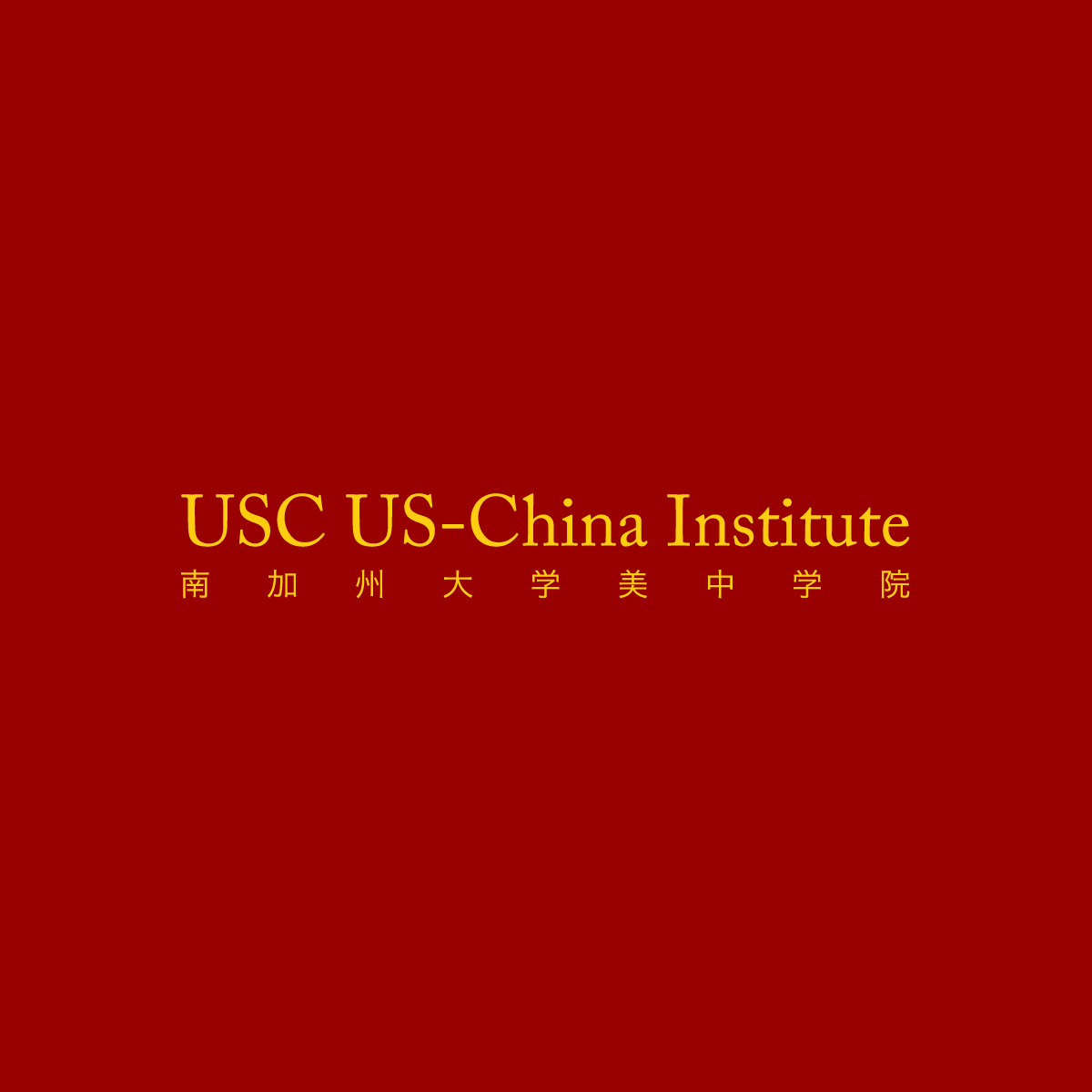


In a recent interview with Ian Johnson, the author of 'SPARKS: China’s Underground Historians and Their Battle for the Future', he sheds light on the inspiration behind his book and the challenges faced by underground historians in China. Johnson emphasizes the importance of preserving historical memory and the struggle to uncover the truth in a country where the government controls the official narrative [807c61c5].
The underground history movement in China aims to challenge the government's control over historical narratives by creating alternative records of the country's past. Johnson's book explores the work of these 'counter-historians' who use mediums such as documentary, fiction, and woodcuts to shed light on events that the authorities would rather people forget. He highlights the philosophical links between China's geography and its political and cultural landscape, providing a comprehensive exploration of China's recent past and the ongoing struggle to remember and understand it [ccda1df5][807c61c5].
Johnson also discusses the challenges faced by underground historians in China, including censorship and restrictions on their work. Despite these obstacles, these historians continue their efforts to challenge the official narrative and provide alternative perspectives on China's history. Johnson argues that their impact will be difficult to extinguish, and he encourages readers to engage with their work despite the challenges [ccda1df5].
During the interview, Johnson recommends other books that provide further insights into China's history and society. He mentions 'Beijing Coma' by Ma Jian and 'Silent Majority' by Wang Xiaobo as important works that offer different perspectives on China's recent history. These recommendations further highlight the diversity of voices and perspectives within the underground history movement [807c61c5].
The interview also touches on the closure of Beijing's Bookworm, a well-known bookstore and cultural hub that played a significant role in promoting independent voices and alternative narratives in China. Johnson reflects on the significance of the closure and the challenges faced by independent bookstores in the country [807c61c5].
In a separate news article, the book 'Underground Lives -- Stories Untold for Migrant Workers in Taiwan' by Chien Yung-ta is highlighted. The book combines front-line reportage, academic research, and policy analysis to provide insights into the lives of migrant workers in Taiwan. It explores the challenges faced by migrant workers and the formation of an underground society among them. The book also discusses the occupational injuries faced by migrant workers and the lack of social protections they receive. It questions Taiwan's migrant worker policies and the need for major amendments to provide adequate social rights for migrant workers [df906fb5].
The inclusion of 'Underground Lives' in the discussion of underground historians and alternative narratives adds another layer to the exploration of marginalized voices and the struggle for truth and representation. It highlights the broader theme of challenging official narratives and the importance of diverse perspectives in understanding and remembering history [df906fb5][807c61c5].